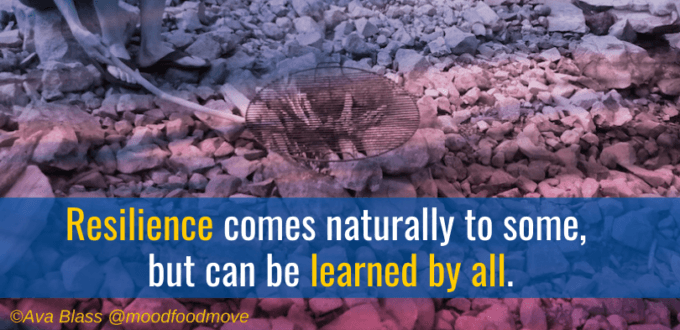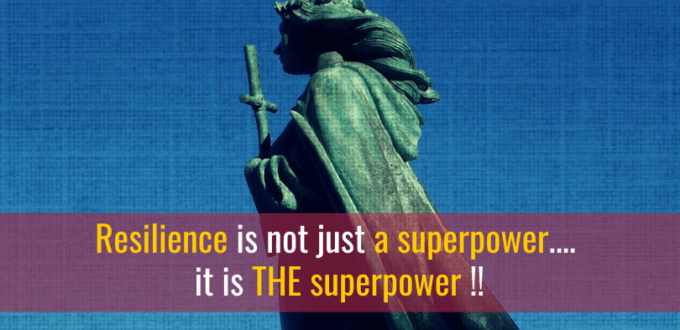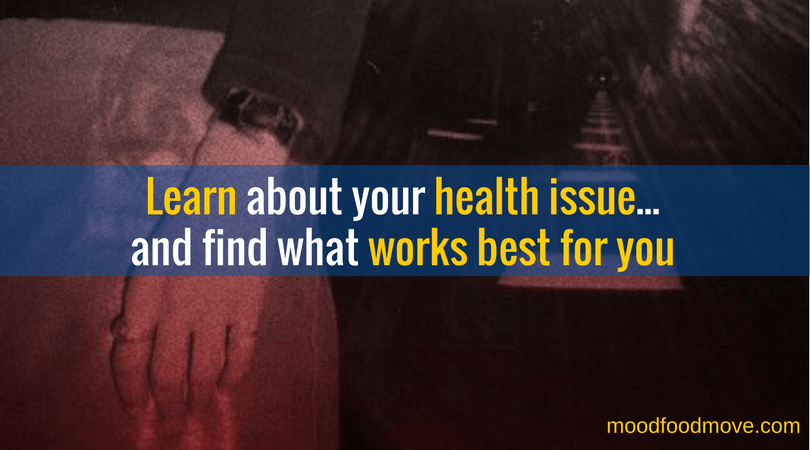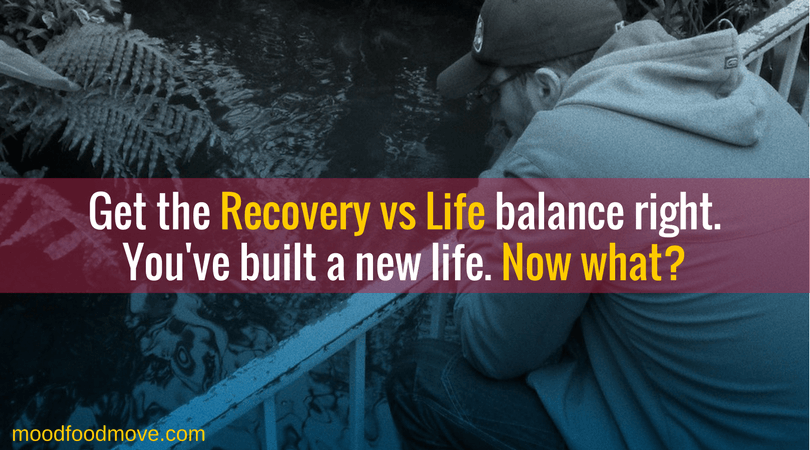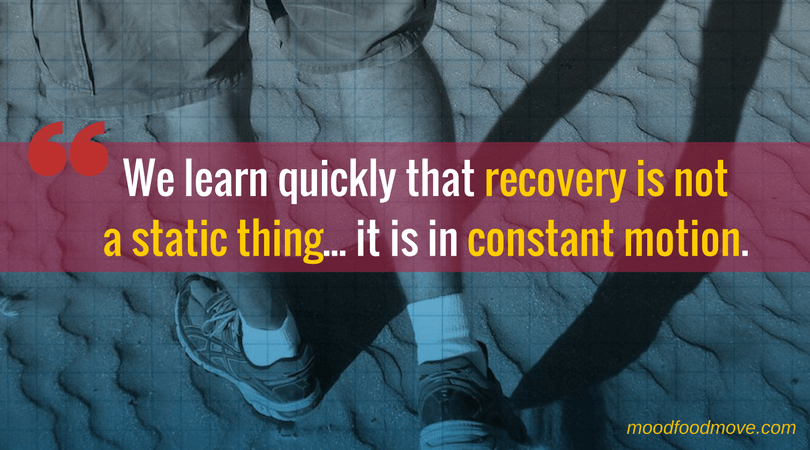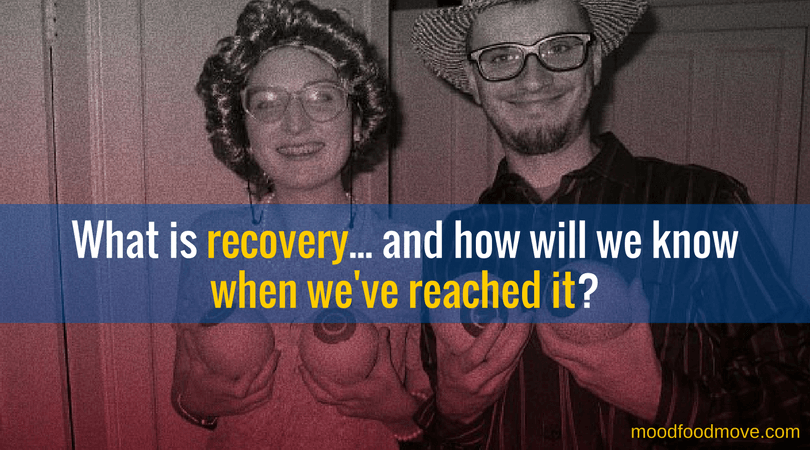For people who endure recurring periods of poor mental wellbeing, having a solid store of resilience can be our greatest asset. But how do we build resilience? And in fact CAN we build resilience? Yes! The great news is that there is plenty of research demonstrating that resilience can indeed be learned.
4 Reasons why resilience is a superpower!
Bad luck and adversity happen to everyone. After they pass we need to dust ourselves down and get on with life. Yet people prone to depression and addictive behaviors are especially vulnerable to the affects of stress. We don’t bounce back, and instead the stress sends them into a tailspin. So what can we do?
Educate yourself about your health issue!
Let me ask you a question: “What is the most effective way to avoid plunging into a spiral of low mood or relapse?” Not sure? Well, the answer is to learn as much as you can about yourself, your health issue, and how the two overlap.
Getting the recovery vs life balance right
You’re doing everything perfectly: the food, the exercise, the meetings, the therapy, the sleep, the medication, the meditation, the yoga, the inspirational reading, the support groups, the supplements, the attitude, the gratitude, the prayer. You’ve built a new life. Now what? Let’s get the recovery vs life balance right.
Recovery is in constant motion, so be vigilant!
All of us in recovery quickly learn that recovery is not static, it is in constant motion and forever changing. Sometimes the reasons are frivolous – and other times it’s substantial personal challenges which derail us from recovery. Very early on it becomes clear that to have any chance of a stable recovery we need an arsenal of contingencies. And we need to remain vigilant.
What is recovery…?
If you are on the path of recovery you’ll know it has brought you a better quality of life, and an easier way of living. So, perhaps you don’t need to define it beyond that? But here we ask: What is recovery? How will we know when we have reached it?

